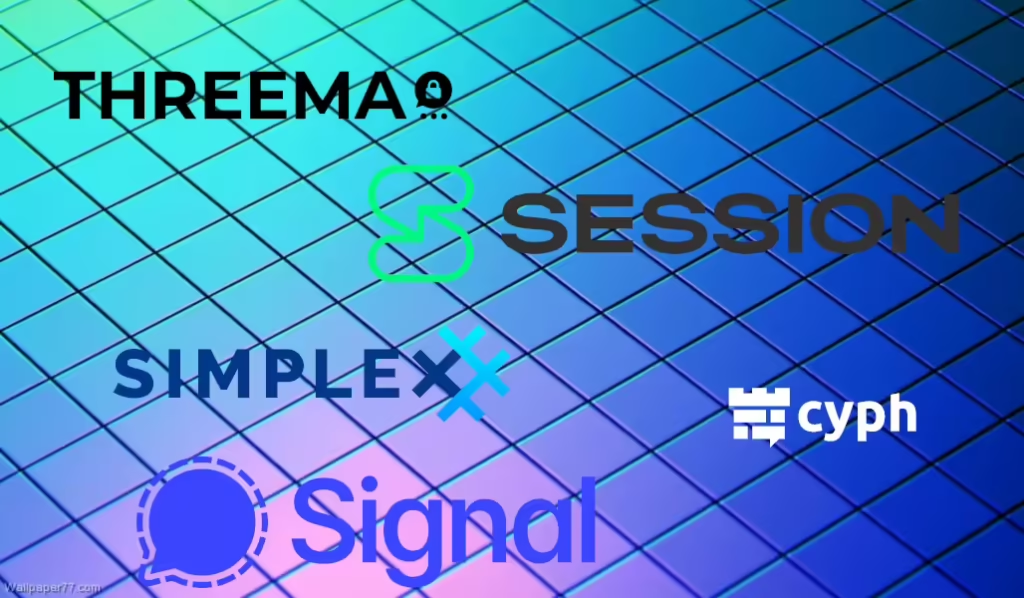Domain Names: Choosing the Right Provider

Last Updated
Table of Contents
What Are Domain Names?
A domain name is a crucial element of the internet, acting as a human-readable address that allows users to access websites. While numeric IP addresses serve as the actual location identifiers for websites, domain names simplify the process of finding and navigating these locations. They provide a way for individuals and businesses to establish their presence online, making it easier for potential visitors to locate their information without the need to memorise complex numeric codes.
The structure of a domain name is systematic and consists of several components. The most recognisable part is the top-level domain (TLD), which is typically found at the end of the address. Common examples of TLDs include .com, .org, and .net, among others. Each TLD can serve various purposes; for instance, .org is often used by non-profit organisations, while .com is widely preferred by commercial entities. The portion preceding the TLD is known as the second-level domain (SLD), which often corresponds to the name of the business or individual, further facilitating recognition. Together, these components create a unique identifier on the internet.
Domain names are obtained through domain registrars, which are organisations accredited to facilitate the registration of domain names. When registering a domain, the owner must select a unique name that is not already in use. This registration process often requires the payment of an annual fee, which secures the right to use the domain for a specified period. Subsequently, the domain owner can manage their domain settings, including linking it to a website and email accounts. The availability of various TLDs and the ease of registration have empowered individuals and businesses alike to carve out their digital spaces, solidifying the importance of domain names in today’s online landscape.
Comparing Domain Name Providers
Choosing the right domain name provider is crucial for establishing an online presence. Three prominent providers in the market are Dynadot, Hostinger, and GoDaddy, each offering unique features and services that cater to different user needs. This section will compare these providers in terms of features, pricing, user experience, customer support, and additional services.
Dynadot
Dynadot is known for its user-friendly interface and straightforward domain management system, which appeals to both beginners and experienced users. Their pricing is competitive, with promotions available for first-time customers. Dynadot also offers features such as a free domain forwarding and DNS management, which are essential for users who want more control over their domains. However, their customer support is limited to tickets and live chat, which may not be as instantly accessible as some users wish.
Hostinger
Hostinger, primarily recognised for its web hosting services, has also made a mark as a domain name provider. The pricing plans from Hostinger are among the most affordable in the industry, making them an attractive choice for budget-conscious individuals and small business owners. Furthermore, they provide a seamless integration of domain registration and web hosting, simplifying the process for users. However, while Hostinger’s customer support is generally responsive, the domain management interface can be somewhat less intuitive compared to Dynadot.
GoDaddy
GoDaddy remains one of the largest domain name registrars, offering an extensive array of services, including web hosting, email services, and SSL certificates. They are well-known for their aggressive marketing campaigns and extensive customer service support, which includes 24/7 phone assistance. GoDaddy’s pricing, while slightly higher, includes regular discounts and promotions, ensuring competitive rates for new users. The robust platform of GoDaddy can, however, come off as overwhelming for novices due to the plethora of options available.
Strengths and Weaknesses
In conclusion, each of these domain name providers has its strengths and weaknesses. Dynadot excels in a user-friendly experience with robust management tools, while Hostinger offers budget-friendly rates with integrated services. GoDaddy stands out with its comprehensive customer support and extensive service offerings. Ultimately, the choice will depend on individual requirements and preferences in terms of features, pricing, and overall user experience.
Dynadot’s Expired Closeout Domains: A Unique Opportunity
Dynadot offers a distinctive feature known as ‘Expired Closeout Domains,’ which presents a timely opportunity for users seeking domain registration. This system specifically caters to domains that have reached their expiration and are not claimed through bidding during auctions. Once a domain expires, it enters a closeout phase where registrants can purchase it right away, providing accessibility to high-demand domain names that may otherwise be unavailable.
The mechanics of this feature centre around a three-day listing period, where users can take advantage of this opportunity to secure an expired domain. Each day during this closeout phase, the price of the domain decreases, allowing users to acquire valuable online real estate at progressively lower costs. This pricing strategy not only incentivise users to act quickly but also aids individuals who may have budget constraints in obtaining domain names that fit their preferences.
Options for Every Budget
In addition to affordability, the expired closeout option presents a chance for users to explore a variety of domains that are no longer in active use, potentially allowing them to reclaim forgotten brands or words with significant resonance. When considering the purchasing of an expired closeout domain, it is essential to act promptly since each listing becomes increasingly advantageous as the expiration date draws closer.
This unique opportunity offered by Dynadot serves both seasoned domain investors and novices alike, ensuring that there are options for every budget and preference. Users are encouraged to monitor these listings closely, as popular domains may be taken quickly. Overall, understanding how Dynadot’s expired closeout domains operate can empower individuals to make informed and beneficial decisions in their domain registration journeys.
Visit Dynadot’s Expired Closeout Auctions Now
Tips for Choosing the Right Domain Name Provider
Choosing the right domain name provider is a crucial step for anyone looking to establish an online presence. When evaluating potential providers, several key factors should be taken into account to ensure that you make an informed decision. First and foremost, pricing plays a significant role; it is important to find a provider that offers competitive rates while still ensuring valuable services. Keep an eye out for hidden fees that may emerge during the registration or renewal processes, as these can dramatically affect your overall budget.
Next, consider the range of services offered by the domain name provider. While registering a domain may seem straightforward, many providers offer additional features that can enhance your experience. Look for options such as email hosting, web hosting, and user-friendly website builders. These bundled services can save time and money, making it easier to manage your online presence in one place.
Factors to Consider
Ease of use is another paramount factor to consider. A user-friendly interface will simplify the process of registering and managing your domain. Seek out providers that have intuitive dashboards and clear documentation, which can be particularly beneficial for beginners who may not be familiar with the process of domain management.
Customer support is equally important, especially for individuals who are new to the domain registration landscape. A reliable provider should offer multiple support channels—including email, live chat, and phone support—ensuring that you can reach out for help whenever necessary. Additionally, inquire if they provide 24/7 support, as this can be vital if any urgent issues arise.
Final Thoughts
Finally, explore additional features such as domain privacy, which helps protect your personal information from being publicly accessible in the WHOIS database, and transfer options that ease the process if you ever decide to switch providers. By carefully weighing these considerations, you can confidently select a domain name provider that meets your specific needs and preferences.
Share on Socials
Popular Articles
Trending Categories

Developed from years of
experience
Darwin Dynamic is dedicated to transforming your vision into a digital presence that will captivate audiences and drive results. Let’s embark on a journey of innovation and excellence together.
News
Reviews
By clicking Submit you confirm that you are 16 years of age or older and you agree to our Terms of Use and Privacy Policy. You may unsubscribe at any time.



